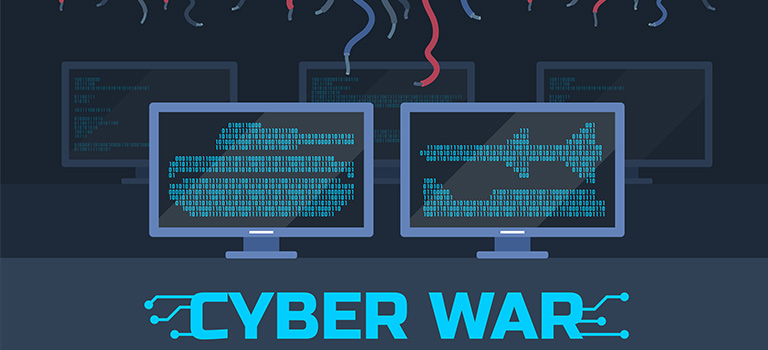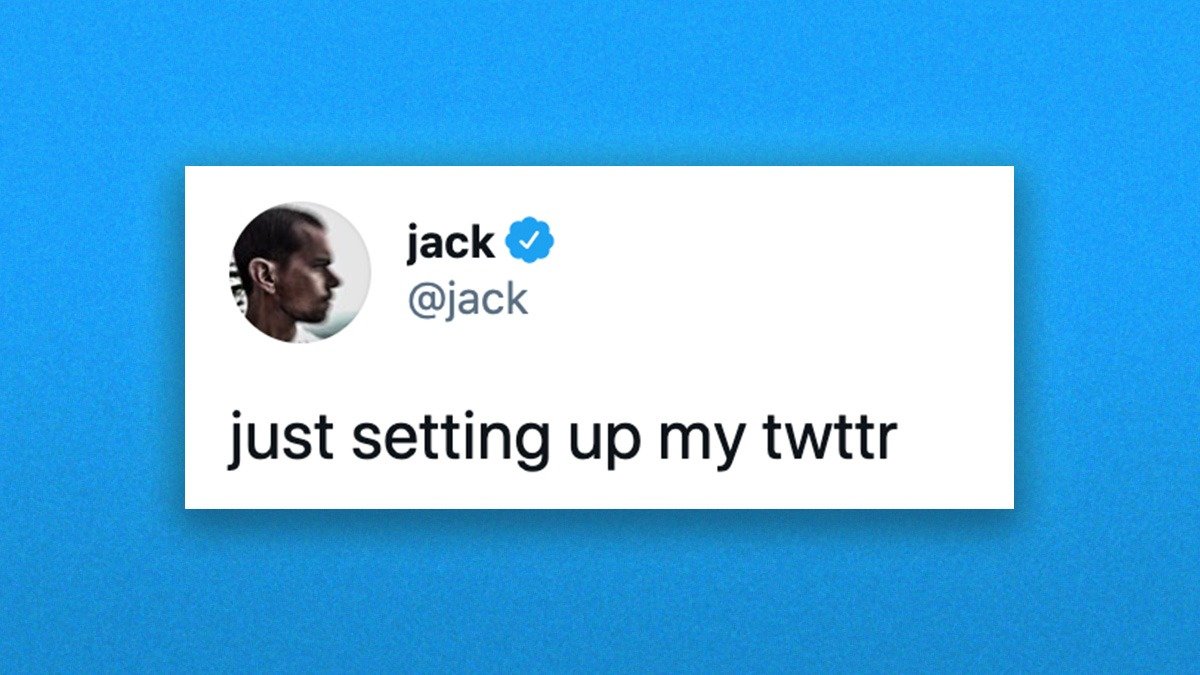Tag: Iran
-

From Russia (and Asia) with Love: Cyber Warfare and the growth of State-Sponsored Hacking
By Joseph Raczynski The 5th Annual Law Firm CFO/CIO/COO Forum The scope of the threats to law firm data is global. In this panel discussion at the Data Privacy, Security & the Globalized Law Firm CFO/CIO/COO Forum, a country by country breakdown of dangers were discussed while the audience absorbed the magnitude of the panels…

